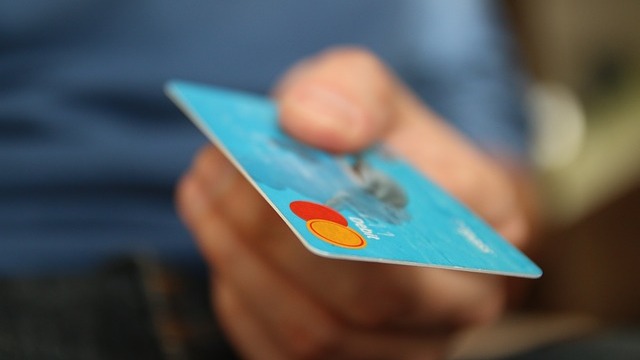It’s always interesting to learn how our shopping behaviours are influenced. Sure, advertisers manipulate our habits, but our brains go with it because deep down, we have a desire to consume. There are a few natural impulses that make us want to spend more.
Spending spree picture from Shutterstock
Over at Business Insider, writer Antonia Farzan cites a book that deals with this topic: Cool: How the Brain’s Hidden Quest for Cool Drives Our Economy and Shapes Our World. The book says there are three main impulses that urge us to consume.
Survival
Our survival instinct leads us to want to take what’s in front of us, the authors say. They point to a study, published in American Economic Review, that found people are willing to pay more for something when it is physically present in front of them. And the difference is pretty substantial.
In one study, they showed some people a photo of potato chips and asked them how much they’d pay for them. They showed another group a bag of potato chips right in front of them, asking the same question. Researchers reported that “subjects’ willingness-to-pay for snacks increased by 61 per cent when they were presented with the real items as opposed to text or image displays.”
Maybe something to keep in mind next time your grocer gives out samples?
Habits
Our natural inclination for habits is what makes it so hard to give up something we’re used to spending money on. We value the routine rather than the outcome. So even if it comes at the cost of our savings goals, it’s hard to break a spending habit. Consider the notorious latte example.
The first step to breaking bad habits is to identify and track them. Try keeping a log of all the times you spend unnecessarily and review it at the end of the month — the aim is to get the entries down to almost nil by the end of the year. Another effective way to break bad habits is to “fine” yourself for each offense and give the money to charity. This will make those frivolous purchases even more painful, as it will be costing you extra each time you splurge out.
For more tips on breaking bad habits, check out out in-depth guide.
Goals
At the same time, the authors explain that we have a psychological instinct to create goals, too. But sometimes, we can overthink and get lost in the details. They write:
“At the supermarket, your Goal pleasure machine is the one that has made a list at home and then deliberately seeks those items within your budget. But if you’ve ever grocery shopped with someone who takes ten minutes to decide on what kind of salad dressing to get — muttering on and on about the pros and cons of various types and brands — you’ve seen the Goal pleasure machine in action.”
Of course, there’s nothing wrong with these instincts. But it helps to understand the role they play in our consumerism. When we’re aware, we can make better spending decisions.

Comments